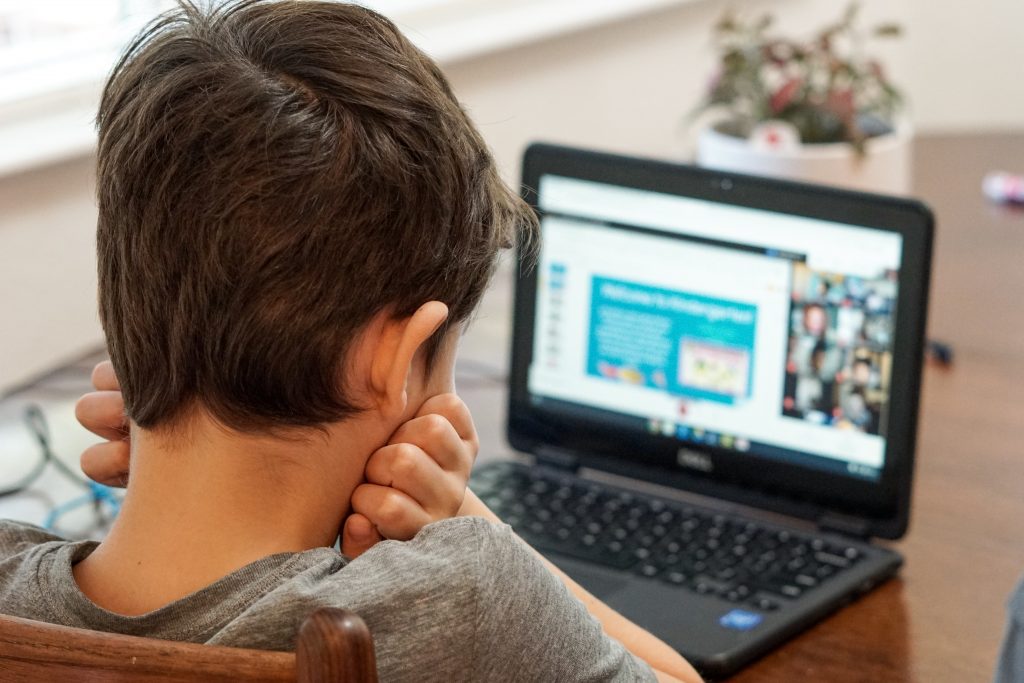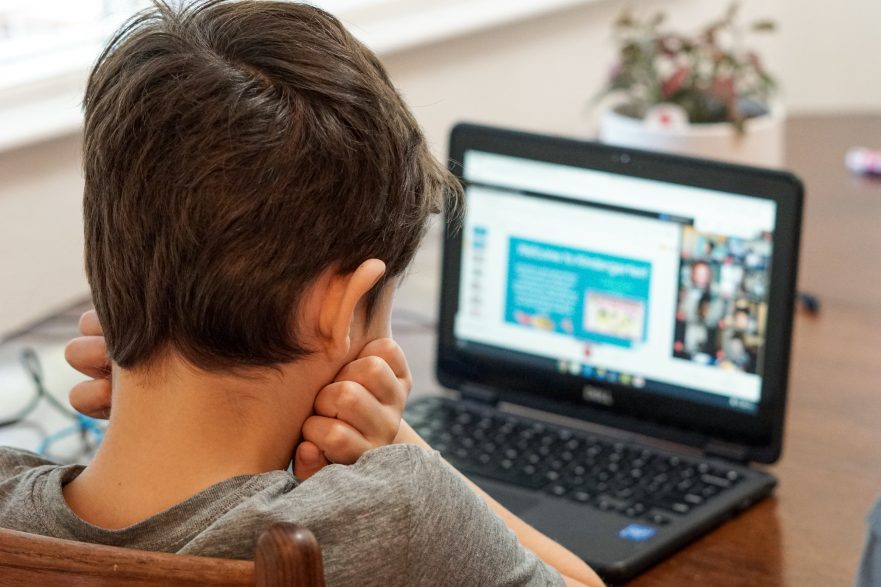Virtual Schools and the Challenges of Post-COVID-19 Education

Perhaps unsurprisingly, the COVID-19 outbreak has boosted the growth of the EdTech market. The education intelligence consultancy Holon IQ has disclosed that venture capital investors worldwide have been fully exploiting the possibilities offered by the current situation. Investment in EdTech has more than doubled over the last two years, from $7 billion in 2019 to $16 billion in 2020. According to Technavio, a market research company focusing on technology, the period 2020-2024 will see the rise of virtual schools in North America. Technavio expects a significant increase in the number of e-learning enrolments in the higher education sector, a phenomenon that might lead to a considerable growth of the virtual schools market over the four-year period. Virtual schools, Technavio maintains, bring numerous benefits. They reduce learning costs for students, empower teachers to create and deliver more diversified and interactive content and enable reaching a wider audience.
The scenario that Technavio portrays seems promising. This article intends, first, to clarify the concept of virtual schools and, second, to consider the question of whether virtual schools will represent the future of education in the post-COVID-19 world, as Technavio’s forecast suggests.
There are at least two, fundamentally different, types of virtual schools. With specific reference to England, virtual schools constitute a service which is already an integral part of the education provision in each local authority. They became mandatory in 2014 after a successful pilot was conducted. Their main purpose is to oversee the educational needs of looked-after pupils, ensuring that they are adequately supported at the school in which they are enrolled. Virtual schools, for instance, monitor attendance and attainment, keeping track of pupils’ progress. In other words, they complement the educational offer of traditional, ‘physical’, schools.
The term ‘virtual school’ is more often used in a different sense. In day to day language, we usually refer to virtual schools to indicate those schools that deliver education entirely, or almost, online by means of virtual platforms accessible to pupils anywhere in the world. As mentioned at the beginning of the article, it is expected that this kind of learning institution will gather momentum in the wake of the COVID-19 pandemic. It should be remarked that virtual schools had started to develop in the early 2000s, long before COVID-19 gave impetus to a search for non-conventional ways to deliver education.
A recent article in the Telegraph has listed the main virtual schools in the English-speaking world. Some of them represent a genuine alternative to the traditional school model, while others act as a temporary replacement for it. InterHigh belongs to the first group. Established in 2005, it is arguably the leading virtual school in the UK. It offers both primary and secondary education provision and is currently ‘virtually’ attended by over 3,000 pupils, from both the UK and abroad. The Oak National Academy, on the other hand, is a virtual school set up in the middle of the pandemic that intends to replace, or complement, the education provision of physical schools as long as the restrictions due to COVID-19 are in place. It offers over 10,000 free video lessons to pupils from Early Years Foundation Stage to Year 11, but it operates differently from traditional schools. For example, it does not track attendance. Moreover, many schools across the UK have launched online learning platforms providing additional support to students. Even one of the oldest and most prestigious English schools, Eton College, has developed its own learning platform, EtonX, which makes a variety of courses, ranging from critical thinking to public speaking, available to students, equipping them with important skills to enter the world’s top universities.
The crown for the most successful virtual school goes to the Valenture Institute, an online secondary school founded in 2019 by Robert Paddock, ‘the Elon Musk of education’, as many like to refer to him. Paddock is a tech entrepreneur who had previously co-founded the online learning platform GetSmarter, which he sold for over $78 million (more than £56 million) in 2017. The Valenture Institute offers an international version of the British standard curriculum, which most leading universities worldwide officially recognise. The chancellor of the institution is Professor Robert Lue, an authority in the field of online learning, who also holds the position of Faculty Director at Harvard’s Derek Bok Center for Teaching and Learning, a research centre committed to fostering innovation in the education sector.
Ensuring a highly personalised teaching experience is the hallmark of the Valenture Institute. This is made possible by the use of digital platforms that collect a vast amount of data and provide teachers with all the information they need to devise learning programmes specifically tailored to each student. The Institute also promotes collaboration among pupils in the form of online workshops and seminars.
"students learn how to work with people, digitally, from different cultures around the world. This will better prepare them for the working world."
It seems fair to say that the Valenture Institute represents a global educational experiment which, in its intentions at least, makes pupils ready to face the challenges of the 21st century.
Another feature of the Institute is the ‘boutique campus’, a physical space in which pupils can meet face to face and benefit from in-person learning support. There are currently two boutique campuses in South Africa, Paddock’s native country. Other two campuses are expected to open in the near future, one in London and the other in Boston, cities well-known for their rich educational offer. Does this mean that even a pioneer (GetSmarter was established in 2008) of online learning like Robert Paddock acknowledges the importance of real-life interactions for the intellectual and emotional development of young people? This is a question with no simple answer. Although an expansion of boutique campuses is underway, the bulk of the education provision at the Valenture Institute is and will remain online.
What is interesting to note is Paddock’s attempt to combine online and face-to-face learning. A tentative answer to the initial question of the article, namely, whether virtual schools represent the future of education, may well be based on the idea of blended learning. No doubt EdTech will be central to learning in the future. It has gained increasing attention not only of entrepreneurs and education specialists, but also of tech giants such as Google and Microsoft. Last summer, the latter published a report tellingly titled Education Reimagined: The Future of Learning, which advocated a shift in the educational paradigm towards a learner-centred system amplified by technological tools. Benefiting from advances in EdTech without disregarding the fundamental value of real-life teaching will likely be a key challenge for education in the post-COVID-19 era.



